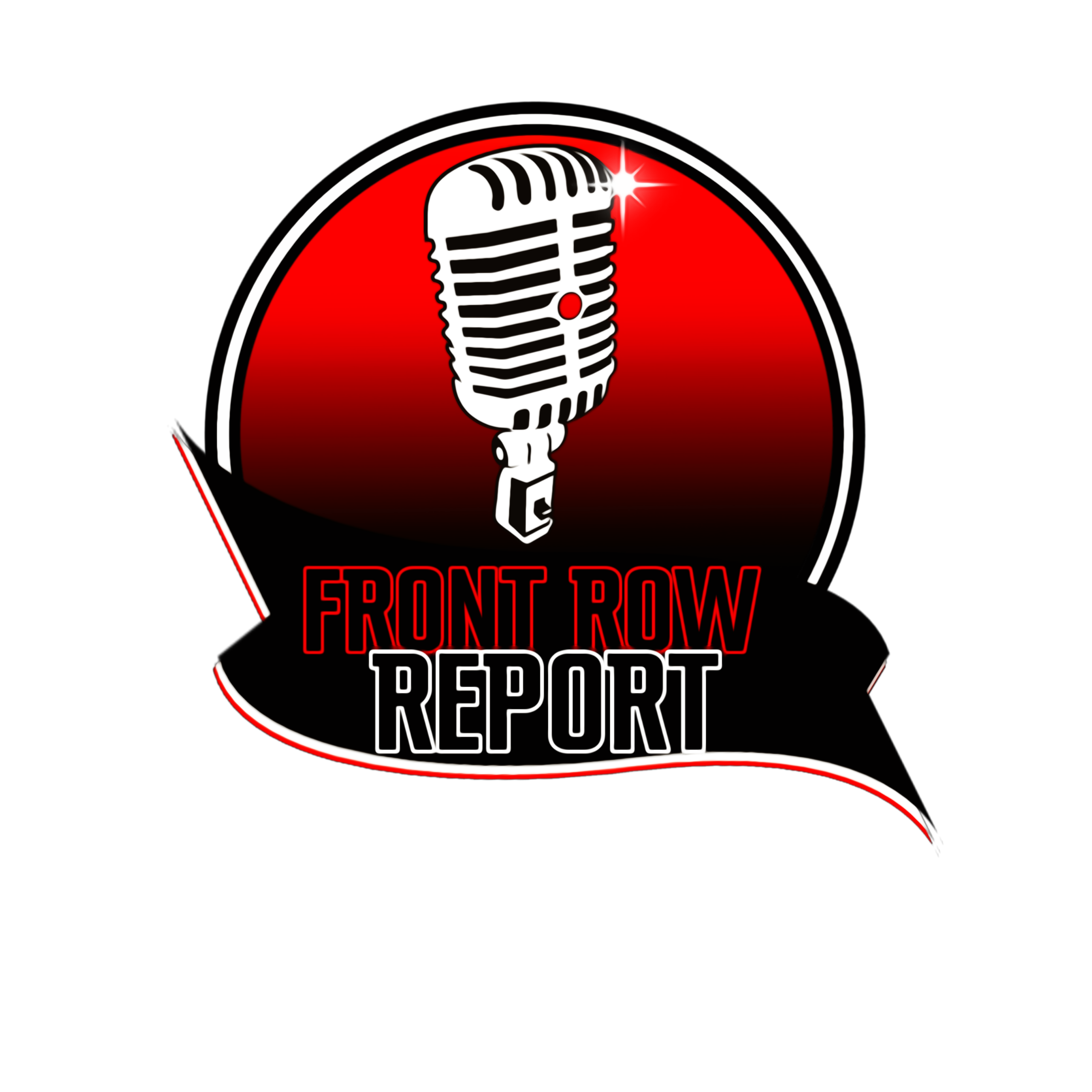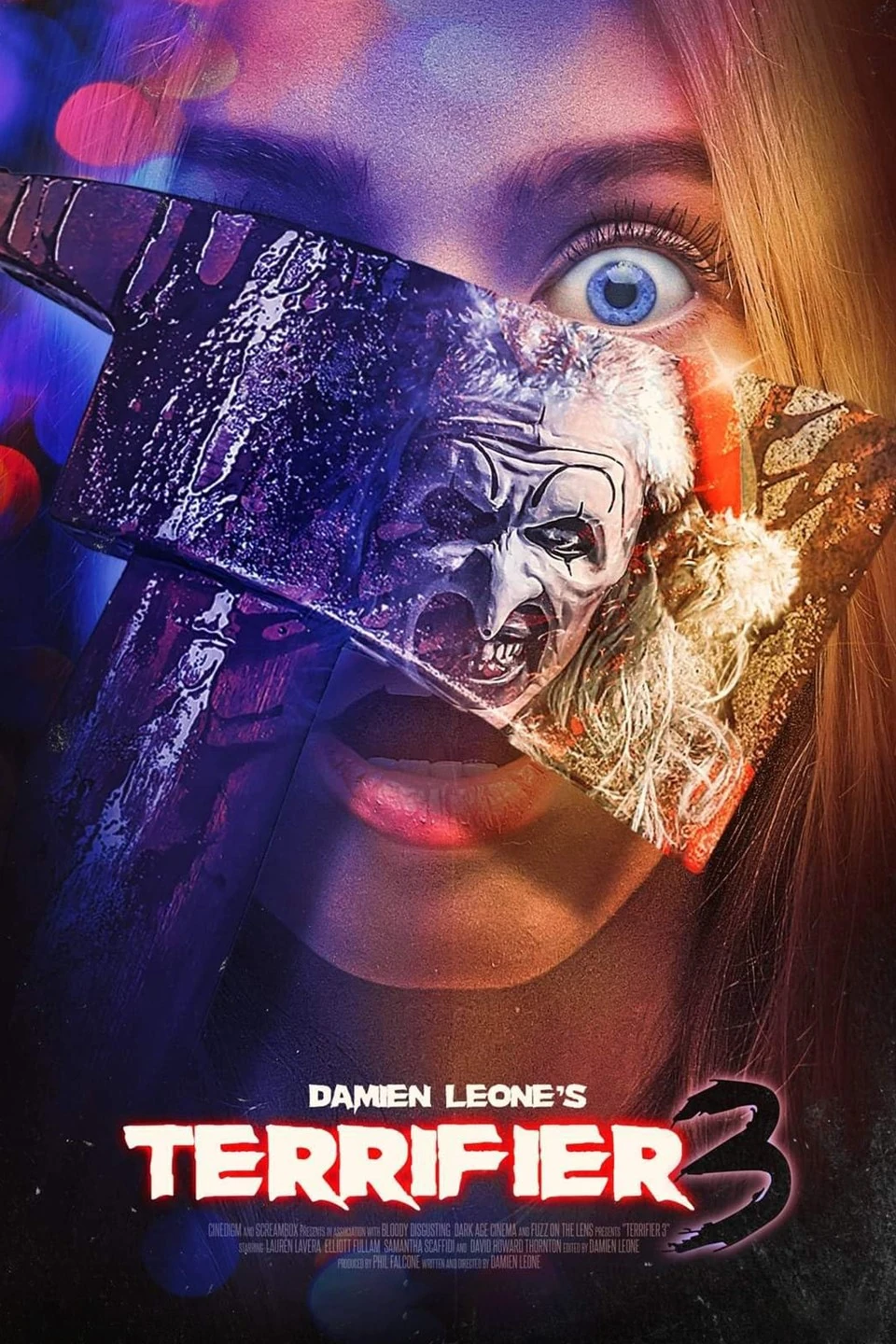Interview: Gary Spivack of Danny Wimmer Presents
September 7, 2016

Over the last decade, multi-day rock festivals have been on the rise in the United States and taking the music world by storm. Whether it\’s Rock on the Range, Carolina Rebellion, Fort Rock or the newer Northern Invasion, Aftershock, Louder Than Life, Houston Open Air and Chicago Open Air, rock festivals have become a summer and fall staple of the concert seasons and they\’re all brought to us by the fine folks at Danny Wimmer Presents.
Now, we\’ve been covering Rock on the Range, Northern Invasion, Louder Than Life and others for years and we were lucky enough to be at the inaugural Chicago Open Air this year so when we were presented the opportunity to speak with Gary Spivack of Danny Wimmer Presents via phone for a feature, we couldn\’t have been more excited and the conversation is as follows:
FRR: So, the first thing I wanted to ask is, kinda wanted to start at the beginning. You started originally doing marketing and promotion for record labels back in the day.
Gary Spivack: Yes.
FRR: Can you tell me how working that type of career was and how you went from that transitioning into the role of Danny Wimmer Presents?
Gary Spivack: Well, the story is that, yes, I was at a record label for 16 years, and what I always got most motivated and excited by was when a band was on tour and the live experience. Getting radio airplay and helping with marketing initiatives was great and all, but what really got me off was the live experience. And then couple with that, being part of booking and helping marketing radio shows, which was part of my responsibility with the record label.
So when I was thinking about my next phase in life, I partnered up with two partners, Danny Wimmer included, and we formed what was called Right Arm Entertainment and we started Rock on the Range…and that being our mothership, we were able to expand, and Danny and I moved forward and our other partner Del Williams left the organization on his terms.
And so Danny formed DWP and I came under that and we now have festivals Rock Allegiance, Louder Than Life, Welcome to Rockville, Aftershock, Carolina Rebellion, Northern Invasion, and Rock on the Range, to name a few.
FRR: Yeah, it\’s crazy how many there are now.
Gary Spivack: I know.
FRR: It\’s awesome. I love it. And how did working the previous positions help you prepare for your role with Danny?
Gary Spivack: Well, like I said, I had the expertise in marketing and promotion, so that was kind of a good stepping stone, and also, just my love for really the live event space. Being a rock and roll fan and seeing some record labels, how to put on a proper show. So I took all of my expertise and coupled that with Danny Wimmer so it really was this kind of great melding of our knowledge. And then a lot of it has been on-the-job training. I\’m learning every day, making mistakes like everybody else and learning from them. I\’ve been doing this for almost 10 years, but I\’m learning every day.
FRR: It\’s the best way to learn. I mean, you make one mistake and you\’re not gonna make it again. I mean trial by error.
Gary Spivack: Yeah. So in my 16 years of record labels, I got to know managers and booking agents and club promoters and people from AEG and Live Nation, etc, so I just built on that.
FRR: Awesome. It\’s been really cool to watch Rock on the Range, starting in what? \’07 I think was the first year. I think. \’06 or 7, watching that specific festival, especially, grow. To the point where it\’s gotten being the biggest festival in the country. I mean, being behind the scenes, especially with Rock on the Range, how has it been for you guys watching that specific festival grow to the level that it\’s gotten and that it\’s continuing to be?
Gary Spivack: Well, it\’s our most cherished achievement and we don\’t take anything for granted. When we started Rock on the Range, we had a really kind of innocent goal to put on America\’s biggest rock festival, period. And I think we did that, and then some. So, I think that was the goal from Day One. We took proper baby steps. Started with one day, expanded to a two day, and now we\’re a full three-day, multi-stage, comedy tent. On the whole, it just a wonderful experience. And there\’s a couple others like Rock Allegiance in Philadelphia and Louder Than Life that are really kind of making, bringing their own brands now, too.
FRR: Yeah, and this year\’s Chicago open air which just happened a few weeks ago was just an amazing first year for them.
Gary Spivack: Yes.
FRR: But you talked about expanding the festivals in the past, and now we have all the others like Allegiance and Louder Than Life. At what point did you guys feel like it was something that you guys had wanted to do? Is that something you wanted to do from the beginning? Or, you know, later down the road? This is going really well. Let\’s see if maybe some others want to do it. How important was the timing for that decision?
Gary Spivack: Well, we want to make an evolution, not a revolution. Evolve and pick the right markets and have live radio partners, the right media partners, and there\’s certain criteria that goes along when we decide to put on a festival and most typically in the rock space. And again, it\’s gotta be an area that has a craving for rock and roll. Gotta be the right venue, the right media partners, and once we check off all the boxes, we just go.
FRR: Yeah, it\’s going extremely well. One thing that I wanted to ask you last year in Louder Than Life and Aftershock and a couple others we had, the had WWE and NXT How important was that feature to those festivals for you guys and what led to you wanting to bring those guys in?
Gary Spivack: Well, that goes along with what we care about just as much as the bands we broke, which is called \”secondary entertainment\”. To have great food, to have great beverages, to have a great kind of sponsor and vendor activation experiences. So the WWE NXT was part of our secondary entertainment. We put our foot in the water with it. I think we\’re gonna take a break from it and keep on trying new things to keep expanding because that just goes with secondary entertainment. We have to provide just an overall great experience for the fans.
FRR: Well those- rock and wrestling just go so well together. There\’s just something about it – it just fits. I thought it was perfect. Hopefully, maybe, down the road we can see that again? But one thing I think is really cool is you specifically… you do the talent buying for these festivals. At what point do you have to start working toward the next festival and the next festival? How far in advance do you have to book these festivals as the talent buyer?
Gary Spivack: Yeah, it\’s a 365 days a year daily siege. We\’re always thinking. We\’re always trying to raise the bar. At it\’s core, we are rock festivals. We know what kind of music predominantly we want to book. But it\’s a daily exercise. Always thinking, always looking.
FRR: What goes into, kind of, choosing which bands work for certain festivals and whatnot? I mean, how do you gauge which bands you want to play at these festivals at a certain time? I mean, I\’d assume that a lot of times, you know, which bands are releasing new albums, which bands are doing well on rock radio and stuff like that. Is there anything else that you have to take into consideration that maybe people don\’t think about?
Gary Spivack: Yeah, all of it really. Airplay is important, everything from Youtube and Spotify hits are important, good press, lifestyle, are they sincere, do they rock, do they write good songs. We just want to book bands that don\’t suck. You know? It\’s really that. That\’s our criteria.
We listen to everything that\’s submitted. We want big bands like Slipknot and Avenged Sevenfold. We are also into looking for music to expose. We say we want to superserve the audience, but also educate them. So if it\’s a band like, you know, Dinosaur Pile-Up or Crobot or Kyng. If it\’s good, if it doesn\’t suck, we want to turn people on to it.
FRR: That\’s where a lot of the newer bands will come up like Gemini Syndrome the last few years ago or otherwise bands like that, maybe the bands that are coming up that these guys have some serious potential to really go somewhere. Let\’s put \’em on these festivals.
Gary Spivack: Yeah, that\’s right. We feel the same way.
FRR: One thing I\’ve gotta ask about for Open Air with Rammstein coming in, how tough was that one to build?
Gary Spivack: It was very tough. They are a very unique, special, one-of-a-kind band, and with Chicago Open Air, we made it a point to kind of go a little harder with that festival than maybe others. Because, look, there\’s Lollapalooza, there\’s live sets, there\’s Pitchfork, there\’s some really good festivals in Chicago. So in order to create our own lane, we wanted to go a little bit harder by getting bands like Rammstein and Meshuggah and Gojira, Carcass. At the same time – yeah, Carcass – at the same time, getting a band like Disturbed and Alter Bridge and Pop Evil is important, too.
FRR: With the fall festivals, I know there\’s Louder Than Life and Rock Allegiance, and especially in May, with so many festivals in April and May, how important or how tough is it to keep each of those festivals unique to themselves and with their – you know, because obviously with a lot of them their lineups are going to overlap, but there\’s a lot of them, you know, that are very unique. With Allegiance, that Alice in Chains is there, then Louder Than Life the next month, it\’s a completely different lineup. And so is it tough to keep them unique when they\’re so close?
Gary Spivack: Yeah, it is, and that\’s something we care deeply about. Yes, we\’re gonna have some bands, rock bands, that will repeat. You know, Lollapalooza, Bonaroo, Coachella have a lot of the same bands. It\’s just harder there to process, but where we want to help separate is not only having different bands, but also regional secondary entertainment, like I said. You know, Philadelphia has its own gourmet man food, while Louder Than Life has its own gourmet man food. The experience will be different at each. We want to regionalize them as much as we can.
FRR: Has there been anybody that you, kind of like, your white whale band where it\’s like we\’ve been trying to get these bands on some of these festivals and they\’re – just hasn\’t happened yet? I mean, you don\’t have to give names or anything, but have there been any that you\’ve consistently tried that just hasn\’t been able to happen yet, whether it be scheduling or visas or whatnot?
Gary Spivack: Always. We\’d love to have Rage Against the Machine return. We\’d love for Tool to have a new record and tour. And we\’d love for a band like Mudvayne to reunite. So, again, we\’re always looking for good bands that haven\’t been around for a bit. Keep it special. Like in Rammstein. They don\’t tour a lot. That was a really important get for us.
FRR: And speaking of bands, they announced yesterday for Louder Than Life especially, Pretty Reckless won\’t be able to play. Maybe with something like that, where it\’s announced this far in advance, do you think you might try to book another band to try to take their place, or maybe take the approach that you did at Open Air with Asking Alexandria where maybe we\’ll just kind of move a couple bands up in schedule or whatnot or is there maybe time to get a replacement for that? Or is that something that you don\’t really want to talk about right now, possibly?
Gary Spivack: If it\’s right, we\’ll do it. We\’re not just gonna kind of fill a slot, because we\’d rather give bands more set times, longer set lengths, and value there just to fill up a slot because it\’s there. If the right band comes along, for sure.
Asking Alexandria canceled the day before, so it wasn\’t really like we could do that. Every situation\’s unique. It\’s inevitable that a band or two when you book sixty bands for a show, that sixty-for-sixty is a hard task. Once in a while a band will fall out, one band will break up, a bass player will break his arm in a motorcycle accident, the singer gets laryngitis. So, you know, it is rock and roll. Stuff\’s gonna happen.
FRR: The last thing I want to ask you about is, you know, in today\’s music world, I feel like and I think a lot of people feel like, rock doesn\’t get the justice it\’s deserved in a lot of ways, whether it be sales or radio play. Rock radio – there\’s not as many out there. But especially the Danny Wimmer Presents festivals seem to be doing a lot keep rock and roll going and alive and going strong and really doing it justice. How important do you feel it is for a festival, especially like these for the rock community and the rock world to keep it going and maybe one day see a resurgance in going back to the top?
Gary Spivack: Rock isn\’t a short circuit to fame. It\’s not America\’s Got Talent or American Idol or some pop act that just skyrockets. Rock – you\’re in it for the long term. Rock\’s always gonna be here. There\’s an appetite for it. If you put together a right amount of bands, the right ticket price, and the right location, you could potentially do well. But it\’s not the sexiest girl in the room and rock and roll was never meant to be. It\’s a rebel music. It\’s for the other side of the tracks. If it\’s going to be at the top of the top, we\’re along with it. But in the meantime, we don\’t really care about \”rock is dead\” or rock\’s not the number one. We\’re just gonna keep doing our thing.
FRR: It\’s not dead. It\’s just- it\’s there. It\’s here. It\’s still strong. And I feel like rock is still the best genre of music in all of music because I feel that the most genuine and the most real thing that there is with music. I mean, they write their own lyrics. They play the music. It\’s the best.
Gary Spivack: Yeah. And again, it\’s not a short circuit. Things are gonna go up and down and up and down and rock and roll is just gonna keep grooving along the tracks.
FRR: Exactly. I couldn\’t agree more. Man, Gary, thank you so much for taking time to talk to me. I know we got the times mixed up a little bit on my end. This has been great. And hopefully we\’ll be able to connect it again down the road, but thanks again. I appreciate it.
Gary Spivack: I love it, man. Thanks for your support.
-Reggie Edwards




